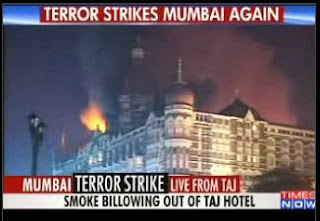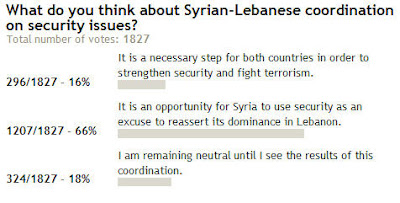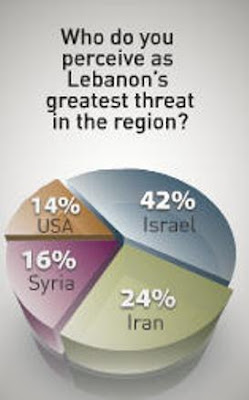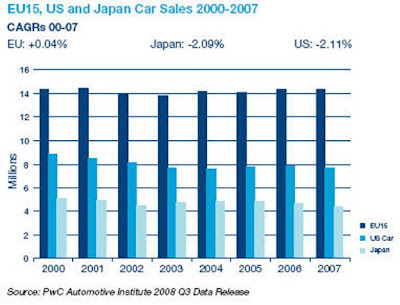
Match the world leaders of the
G20 - the heads of nineteen of the largest world industrialized countries plus the European Union. Also in attendance, the leaders of The World Bank, IMF, Spain, and the Netherlands...
a - Argentina - President Cristina Kirchner
b - Australia - Prime Minister Kevin Rudd
c - Brazil - President Luiz Ignacio Lula da Silva
d - Canada - Prime Minister Stephen Harper
e - China - President Hu Jintao
f - France - President Nicolas Sarkozy
g - Germany - Chancellor Angela Merkel
h - India - Prime Minister Manmohan Singh
i - Indonesia - President Susilo Bambang Yudhoyono
j - Italy - President Silvio Berlusconi
k - Japan - Prime Minister Taro Aso
l - Mexico - President Felipe Calderon
m - Russia - President Dmitri Medvedev
n Saudi Arabia - King Abdallah
o - South Africa - President Kgalema Motlanthe
p - South Korea - President Lee Myung-Bak
q - Turkey - Prime Minister Recep Tayyip Erdogan
r - United Kingdom - Prime Minister Gordon Brown
s - United States - President George W Bush
t - European Union - José Manuel Barroso (President of the European Commission)
Also present:
u - International Monetary Fund - President Robert Zoellick.
v - World Bank - Dominique Strauss-Kahn (Director General)
v - Spain - Prime Minister José Luis Rodriguez Zapatero
w - Netherlands - Prime Minister Jan Peter Balkenende
x - ???
Hint, here's a start: 2-e; 9-g; 12-c; 15-h; 19-n; 21-f; 23-p; 25-o...

 The reported Mumbai death tally has risen to 150, including fifteen foreigners... Some of the coverage is chimerical and this blogger wonders about the credulousness of the media that prints some of the more silly and/or fanciful statements. A few random examples include:
The reported Mumbai death tally has risen to 150, including fifteen foreigners... Some of the coverage is chimerical and this blogger wonders about the credulousness of the media that prints some of the more silly and/or fanciful statements. A few random examples include:







































